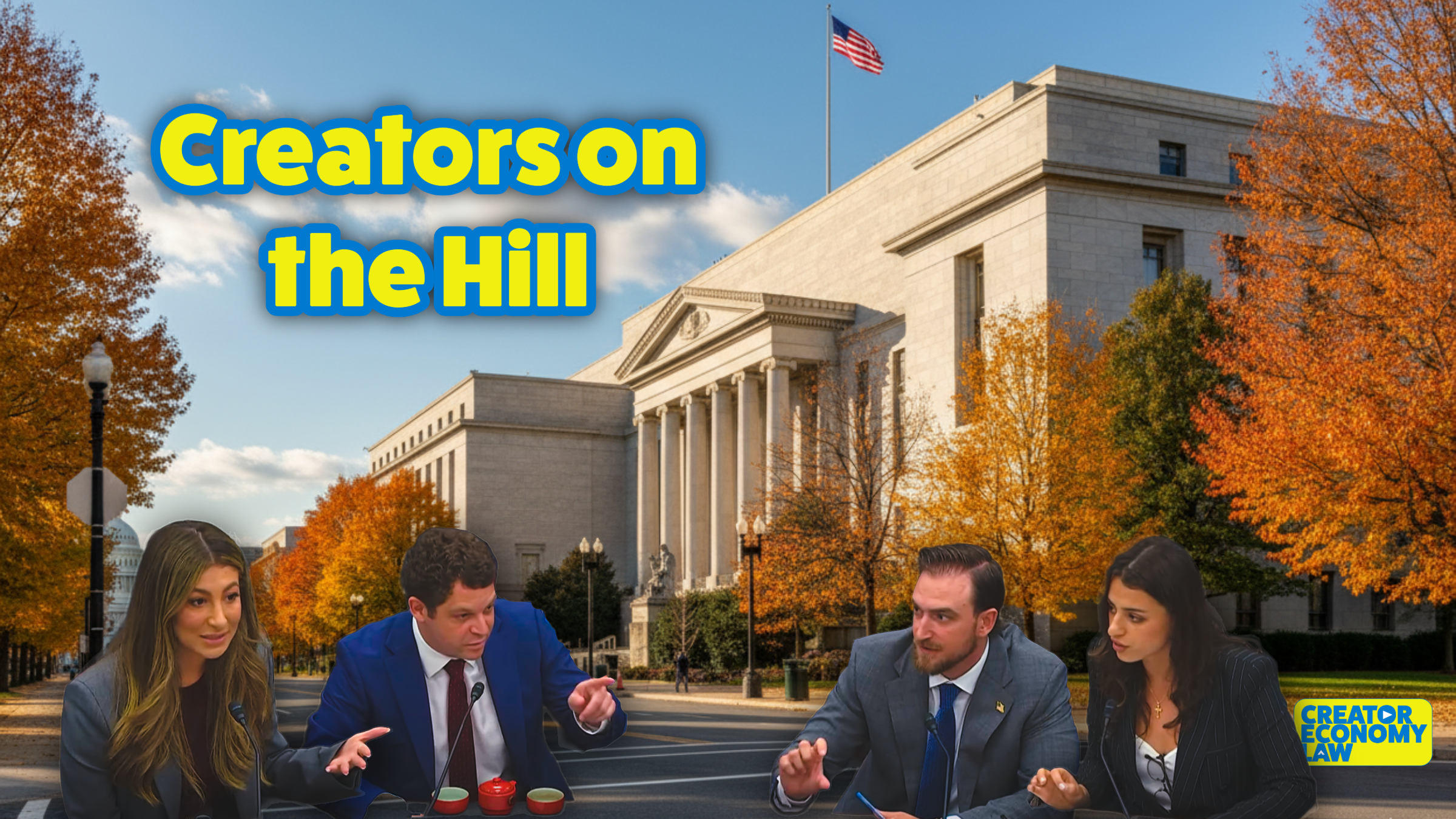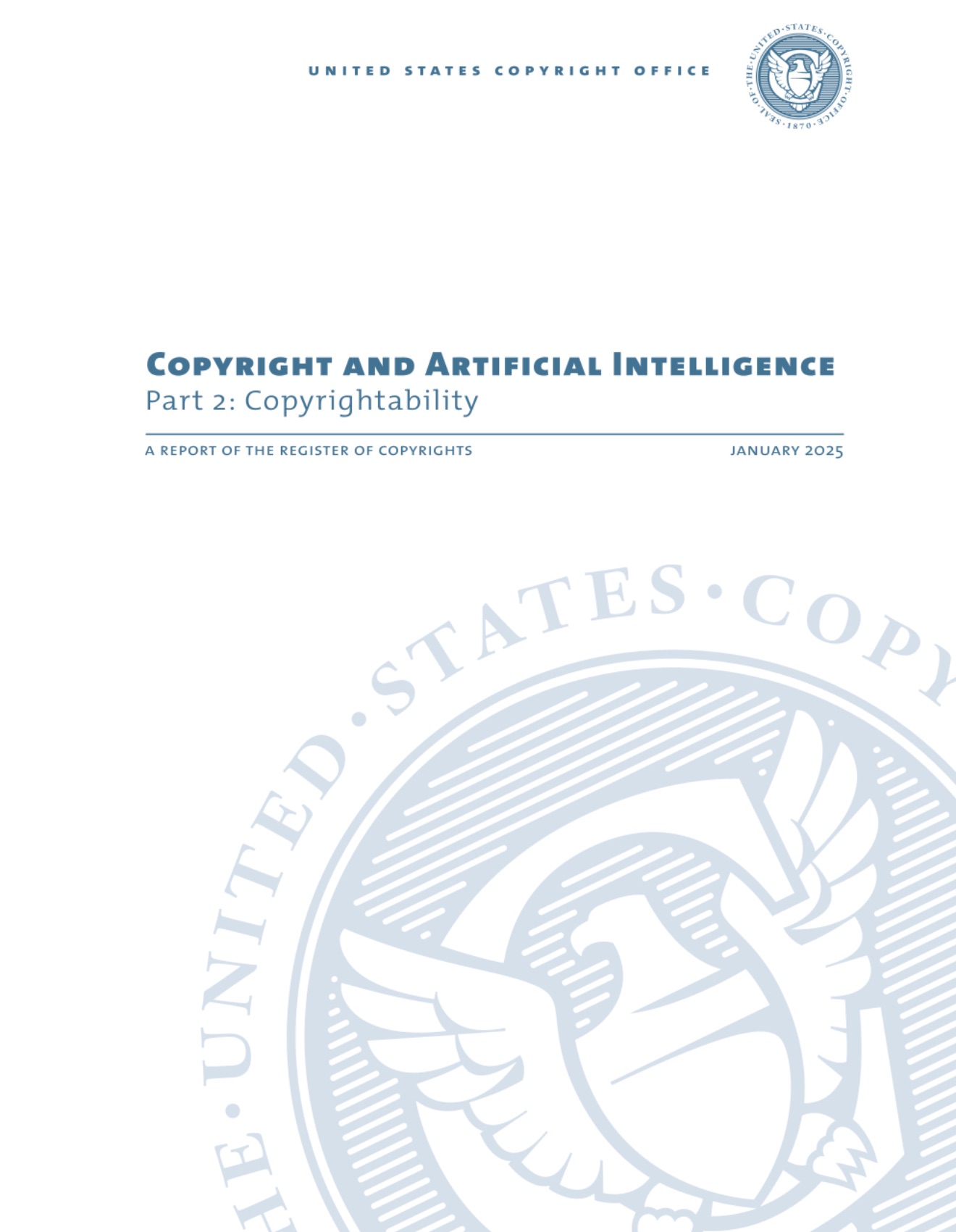Latest
-
 Artificial Intelligence, Business, Content Moderation, Copyright, DMCA, Entertainment Law, Google, Media & Entertainment Law, Policy, Social Media, YouTube
Artificial Intelligence, Business, Content Moderation, Copyright, DMCA, Entertainment Law, Google, Media & Entertainment Law, Policy, Social Media, YouTubeCongressional Hearing Puts Creator Economy Small Businesses at the Forefront
The recent House Committee on Small Business hearing addressed the challenges facing content creators, emphasizing their role as small business owners. Key issues included economic volatility from potential TikTok bans and trade tariffs, the need for better payment terms, and protections against exploitation and intellectual property theft. Witnesses urged lawmakers to expand the SBA’s mission…




